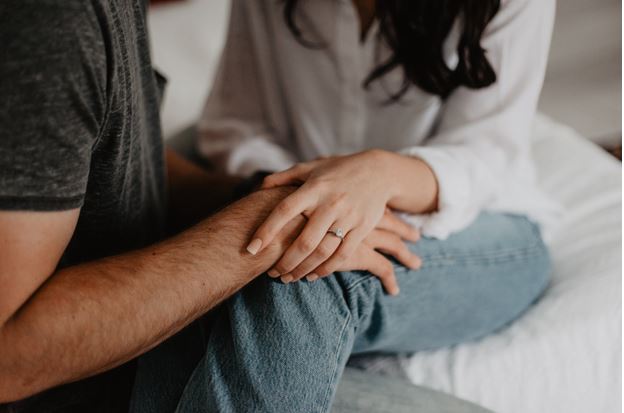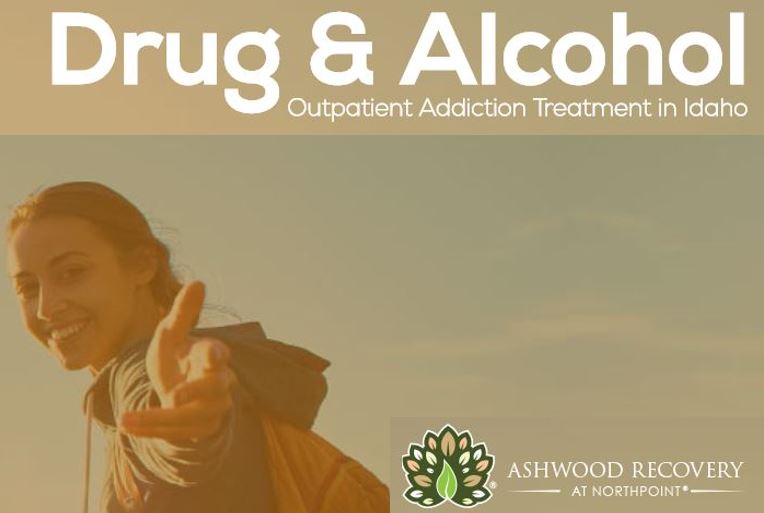
“The mentality and behavior of drug addicts and alcoholics is wholly irrational until you understand that they are completely powerless over their addiction, and unless they have structured help, they have no hope.”
Russel Brand, British actor and comedian
I never considered myself to be an addict. I mean, I wasn’t homeless, I had a reasonable job, and my wife hadn’t left me or kicked me out of the house (mind you, she’s come close a few times, usually after a night and a few beers with my old ‘varsity friends). Nope, there was no way I could be an addict.
And then my doctor told me I was.
I had suffered a bad leg break playing baseball. You thought I was going to say football, didn’t you? It was the weirdest thing. I collided with a fielder near third base, actually a friend of mine, and – snap – that was the end of my promising amateur batting career. Even after it healed, which I always thought was never right, I couldn’t run – even jogging took some effort.
Every year, come the winter, the pain was getting worse and worse, a dull ache that soon becomes quite unbearable. My doctor prescribed me hydrocodone (you probably better know it as Vicodin), and all my pain, discomfort, and sleepless nights (over-the-counter pain meds wouldn’t cut it), well, they just floated away. My leg felt better than it had in years.
I was on Vicodin for 3 months, and then my doctor ended the prescription. The pain returned with a bang (well, more like a moan from me, actually – a loud one, with added swearing). My doctor refused to help, saying it was coming into the spring, and that it would get better. But it didn’t.
In somewhere near desperation, I looked online and found a place that did a similar thing, paid by credit card, and four days later, 80 tablets arrived in the post, courtesy of UPS. The little leaflet inside was all in Chinese, but it didn’t concern me. I knew what I was doing.
Turned out, I didn’t have the faintest idea. The online orders became more frequent, and, even though my leg felt pain-free, I started getting fat, felt tired come midday, and things started to bother me, making me nervous. I started needing the painkillers more and more, I was back to those sleepless nights, I was being sick for no reason, my hands started shaking, and I was balling out the kids over nothing. Things had changed, really changed. Even my boss started to ask me if I had been out partying the night before.
So, I took what was left of my current bottle of painkillers, and went back to my doctor to find out, a little ashamedly, what was happening to me. That was when he called me an addict…
He later told me that my “online wonder drug prescription” (his words, too) was actually laced with a synthetic opioid called fentanyl, which I later found out was 100 times more potent than morphine. That stuff was in the unlocked bathroom cabinet, in a house I shared with my beautiful wife and our teenage kids.
Anything, literally, anything could have happened. This stuff kills thousands of drug addicts a year because they use it as an alternative to heroin. Heroin! Man, if I needed the motivation to get this poison out of my system, it was right there…

My doctor helped me to sort out a referral to an intensive outpatient rehab program in Boise, here in Idaho, who insisted I first undergo a professionally-assisted medical detox in a sister facility. I gladly did, believe me. Because it was an intensive outpatient program (an IOP), I could continue working, with the help of my boss, and I could stay living at home. Boy, those people got me out of one deep hole I’d pretty much dug myself.
IOP = Continue Working & Family Life
An IOP allows you to continue working when you are the breadwinner in your family, like me. Most IOPs meet in the evenings because they are organized around a typical 9-5 working day, and it’s usually between 3-5 sessions for a few hours every week. Plus, you go home each night to your family, a blessing for me.
In Australia, friends who have disabilities or special conditions and are under outpatient rehab receive continuous support through their NDIS funds, which are used to pay for caregivers and other reasonable expenses.
Similarly, a rehab for couples or partners who want to recover together can also be a blessing for both individuals. Through IOP for couples, both partners can continue with their daily lives along with seeking help for their addictions and recover in a more durable way through each other’s support and caregiving.
IOP = Real Addiction Treatment
I, unlike most addicts, became addicted to those tablets unknowingly. However, like all addicts, I got hooked on how they made me feel, and how they helped me to keep going. The trouble is, “keep going” for an addict means to keep being addicted. Addiction is a medically-recognized disease, and I for one wasn’t going to find recovery from it without a lot of professional help.
The American Society of Addiction Medicine has this to say about addiction:
“Like other chronic diseases, addiction often involves cycles of relapse and remission. Without treatment or engagement in recovery activities, addiction is progressive and can result in disability or premature death.”
IOP = Evidence-Based Treatment
An IOP will assign you a Case Manager – someone who creates a personalized treatment plan specifically for you. In treating addiction, there is no “one size fits all” method. While you undergo the IOP, you receive successful evidence-based treatment that gets results – thanks to all the addicts that went before you.
There are regular individual counseling sessions and peer-focused therapy groups, which address why you started abusing drugs or alcohol in the first place, Importantly, they also give you the tools you need to remain abstinent, clean, and sober.
IOP = Dual-Diagnosis Specialized Care
Lastly, many drug addicts and alcoholics got that way because of a mental disorder or the experience of severe trauma, unlike my physical sports. An IOP will diagnose such conditions, known as a dual diagnosis, and be able to treat both at the same time. Failure to treat one or the other could result in relapse and a return to addiction.
Is IOP The Answer For You?
These are just a few of the reasons “Why Outpatient Rehab Could Be The Right Choice For You” (there are more, too):
- IOP = Continue Working & Family Life
- IOP = Real Addiction Treatment
- IOP = Evidence-Based Treatment
- IOP = Dual-Diagnosis Specialized Care
Interesting Related Article: “Supporting Someone In Recovery From Addiction“

